Mangoes fill the gaps in Venezuela's food crisis
Inflation in the South American country is the highest in the world
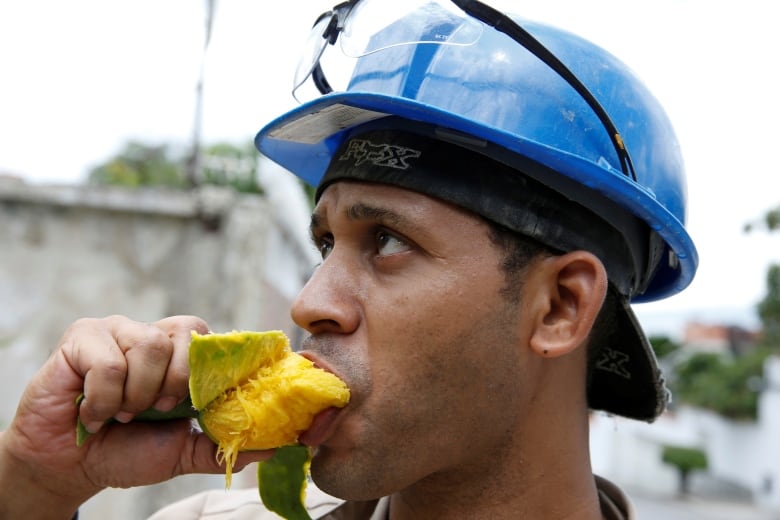
'Mangoes help a little; they fill you up.'
More and more people are turning to Venezuela's lush fruit trees in the crisis-hit nation of 30 million, where the poor especially are consuming more starch and less protein.
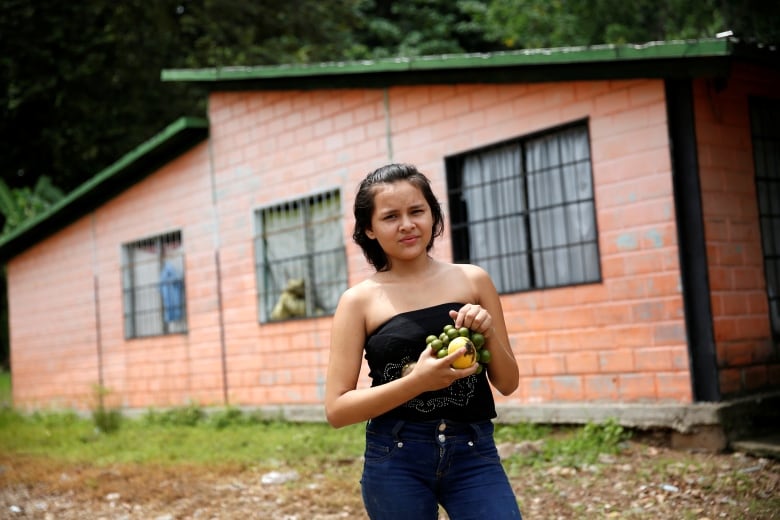
'Sometimes when there's nothing in the fridge, I grab two mangoes.'
This is 13-year-old Juany Iznaga, holding a mango and a knife, whose family lives in the fertile town of La Fria, by the Colombian border. The Iznagas are going without some meals since Juany's mother lost her job at the mayor's office.
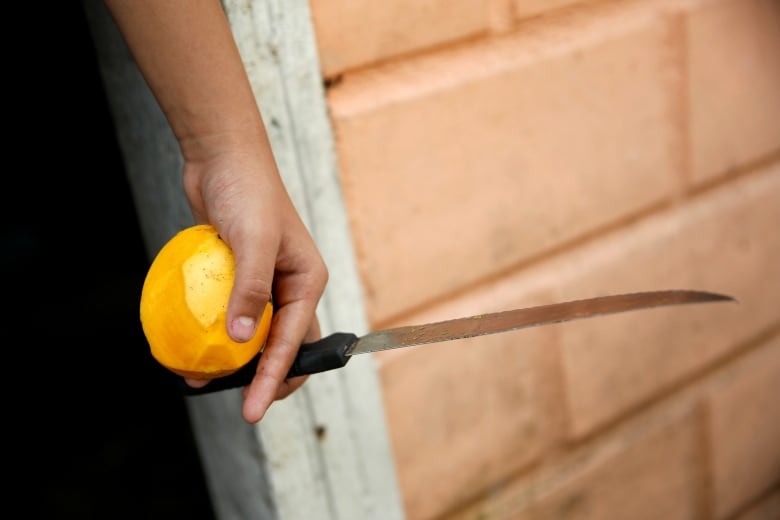
In the capital, too, workers are looking for fruit.
While children have always scampered up trees or tossed stones to knock down juicy yellow mangoes, workers (like this one in Caracas on Monday) are joining them on lunch breaks.
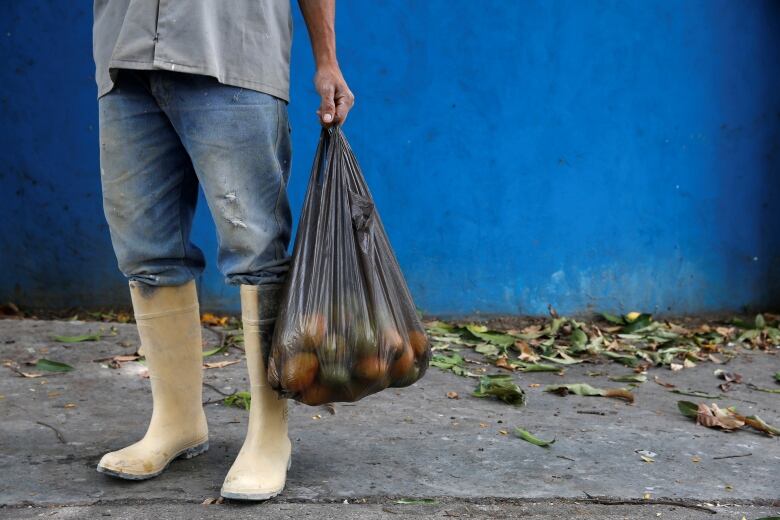
Sweet tropical fruits are no substitute for a proper diet.
Protests are spreading as deliveries of groceries become more elusive. Long lines for increasingly scarce products at supermarkets are a fact of life.
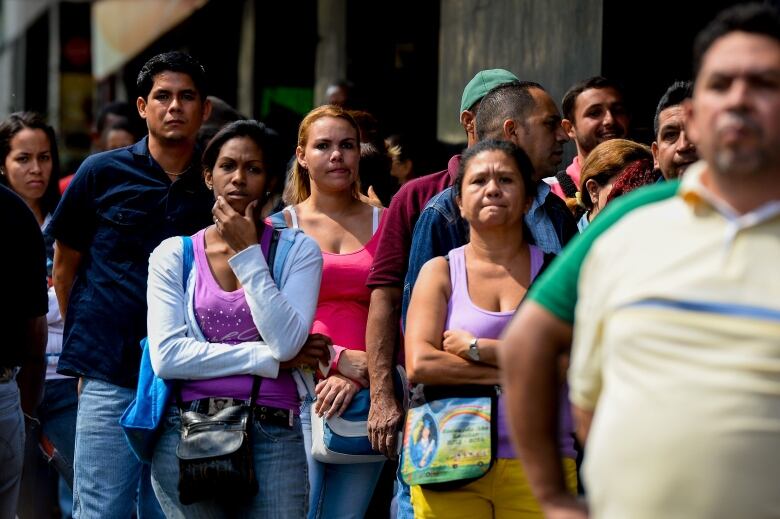
Protesters blame President Nicolas Maduro.
This protest calling for a referendum to remove Maduro — whom many Venezuelans blame for the energy crisis behind the food shortages — drew riot policemen in Caracas on Thursday.
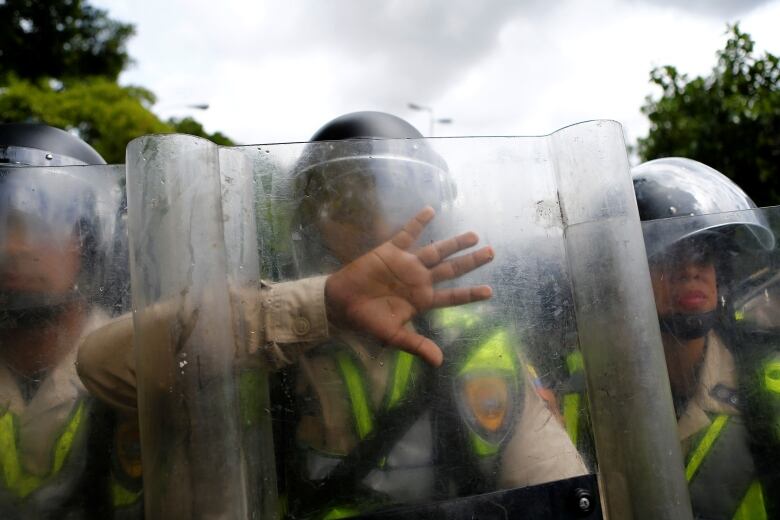
Along with the demonstrations, looting is becoming more common amid worsening food shortages, frequent power and water cuts, and inflation that is the highest in the world.

There's always money at the fruit stand.
As the recession reduces employment and inflation crushes spending power, street corners are increasingly brimming with informal vendors selling freshly picked fruit.
Below, Josue Moreno, 19, who quit his job four months ago at a bottled water plant where he made $7 US a month, now sells coconuts under the leafy shade of a busy street in La Fria.
